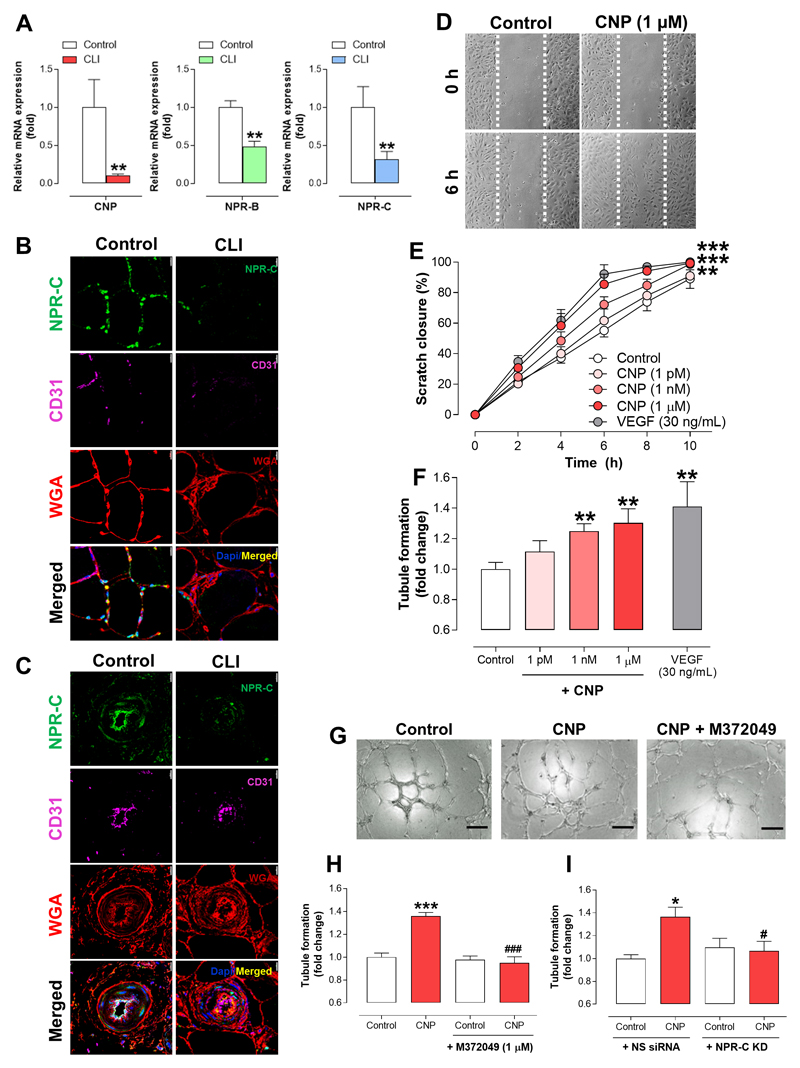Figure 1. C-type natrireutic peptide promotes angiogenesis in human umbilical vein endothelial cells via natriuretic peptide receptor-C.
(A) C-type natriuretic peptide (CNP), natriuretic peptide receptor (NPR)-B and NPR-C mRNA expression is markedly reduced in gastrocnemius muscle biopsies of critical limb ischemia (CLI) patients compared to healthy subjects (Control; n=6-7), NPR-C protein levels are significantly reduced in gastrocnemius (B) myofibers and (C) blood vessels of CLI patients compared to healthy controls (cell membrane marker wheat germ agglutinin, WGA; endothelium specific marker, CD31; scale bars, 15 μm; n=6-7), (D) Representative images and (E) quantitative analysis showing that CNP (1 pM – 1 μM) accelerates human umbilical endothelial cell (HUVEC) migration (i.e. scratch closure) with a time-course similar to vascular endothelial growth factor (VEGF; 30 ng/mL) (n=6); (F) CNP (1 pM – 1 μM) promotes tubule formation in HUVECs with a maximal magnitude commensurate with VEGF (30 ng/mL) (n=4), (G & H) the NPR-C antagonist, M372049 (10 μM) and (I) NPR-C knockdown attenuates CNP (1 nM)-induced tubule formation (scale bars, 100 μm; n=6). Data are presented as mean ± SEM. Statistical analyses by (A) Student’s t-test, (E) two-way ANOVA or (F, H & I) one-way ANOVA with Bonferoni post hoc test. *P<0.05, **P<0.01, ***P<0.001 versus healthy/control or #P<0.05, ###P<0.001 versus CNP alone.

